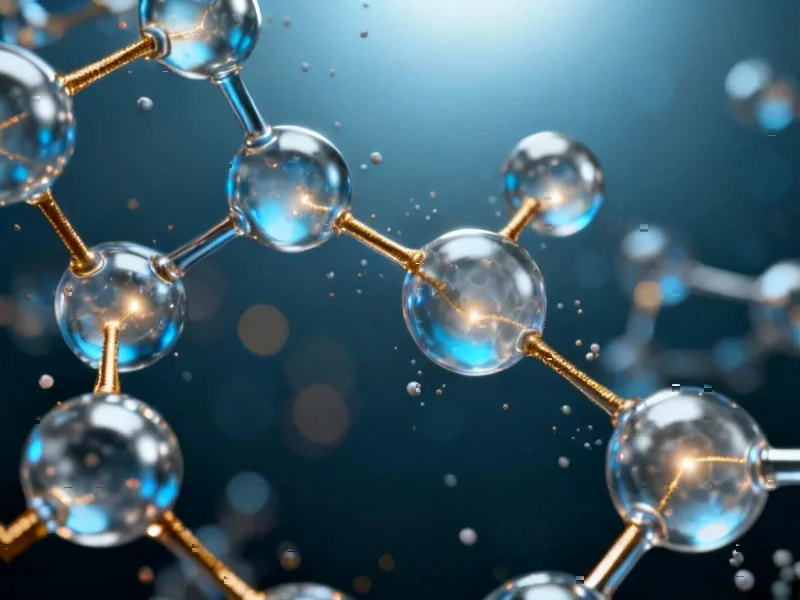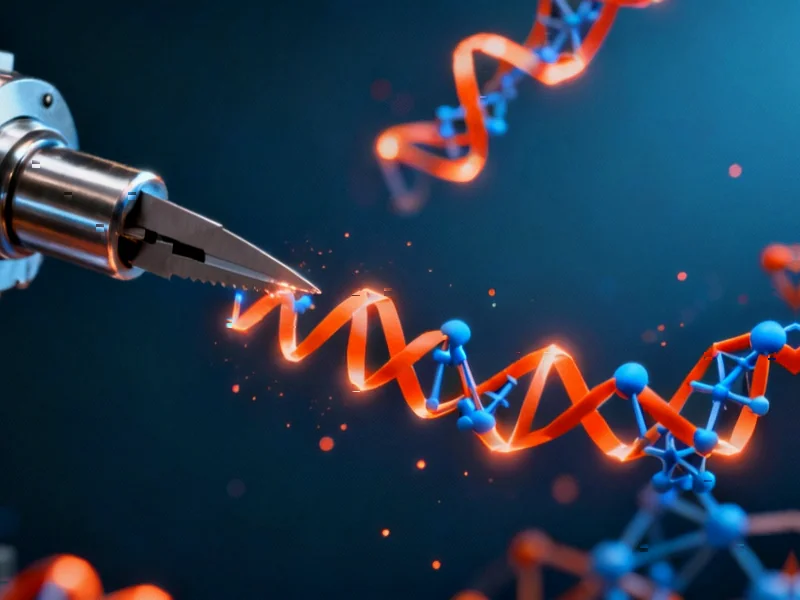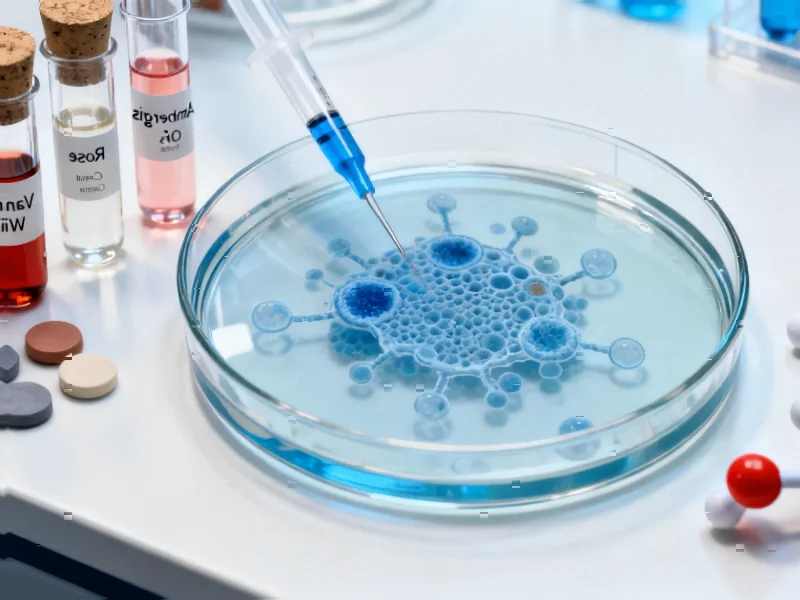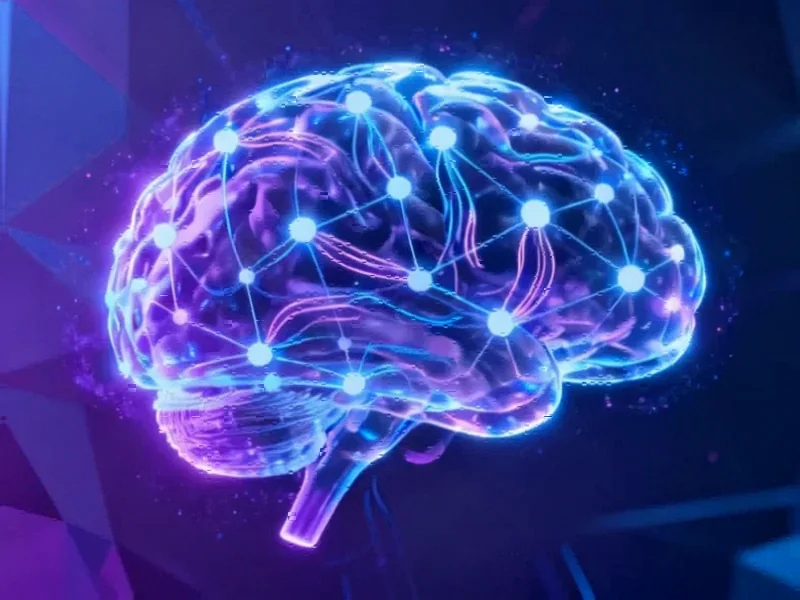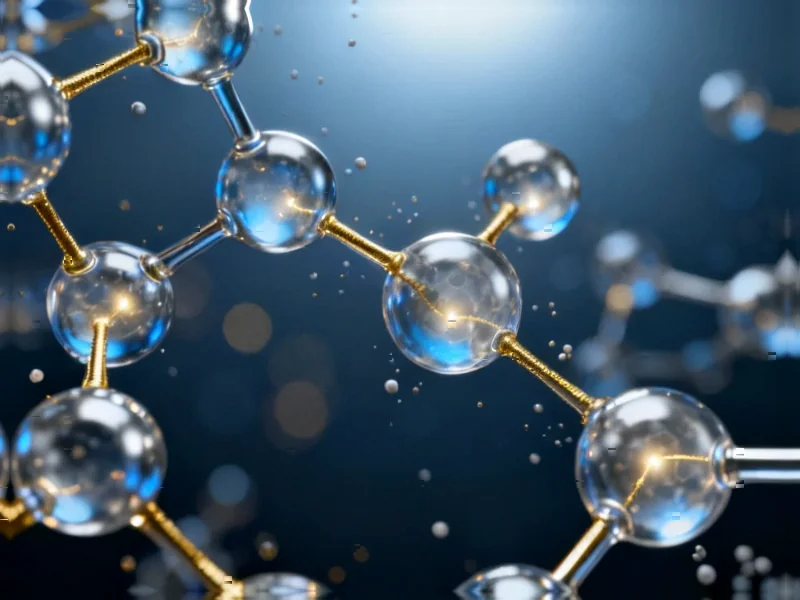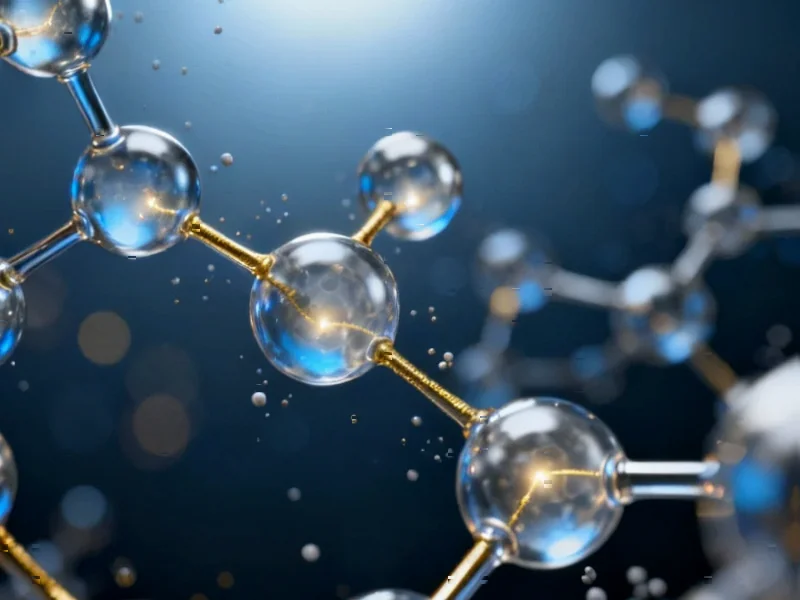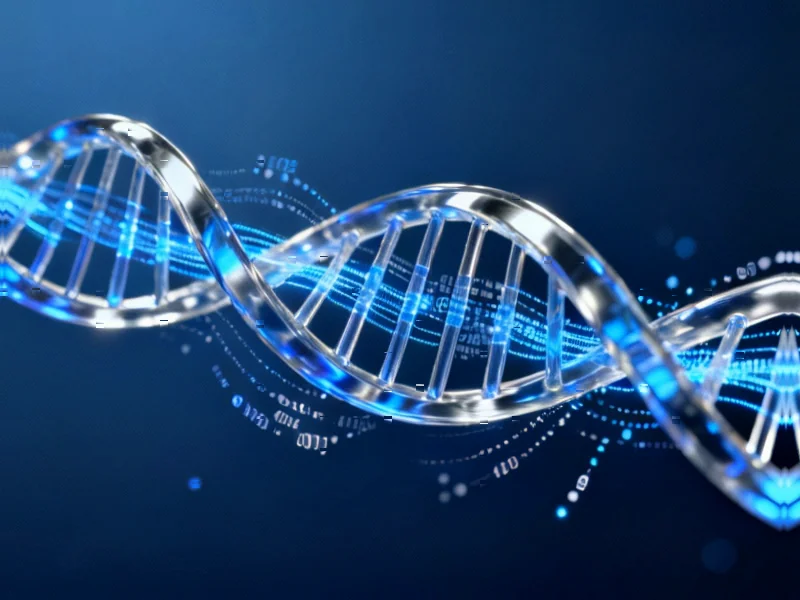A new study demonstrates that machine learning algorithms can significantly improve detection of alpha thalassemia carriers. Researchers found that analyzing routine hematological indices with AI provides more reliable identification than traditional clinical features alone.
Breakthrough in Thalassemia Detection
Machine learning technology has reportedly achieved superior performance in detecting alpha thalassemia carriers compared to conventional clinical assessment methods, according to recent research. The study, conducted using medical data spanning over two decades, suggests that artificial intelligence could revolutionize how this inherited blood disorder is identified in screening programs.

